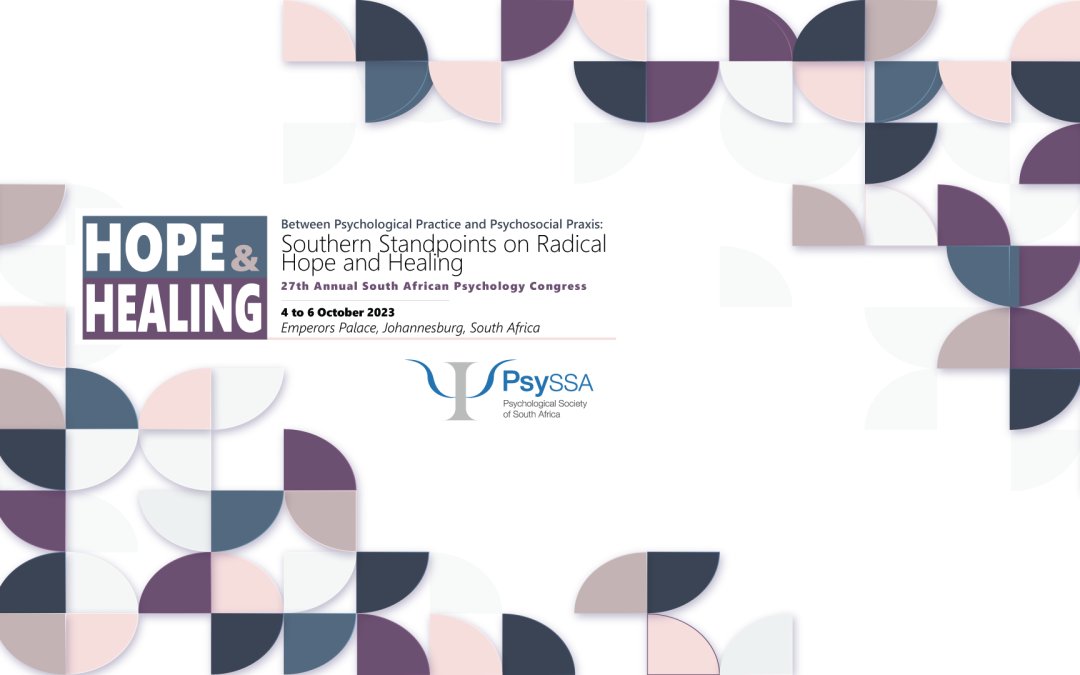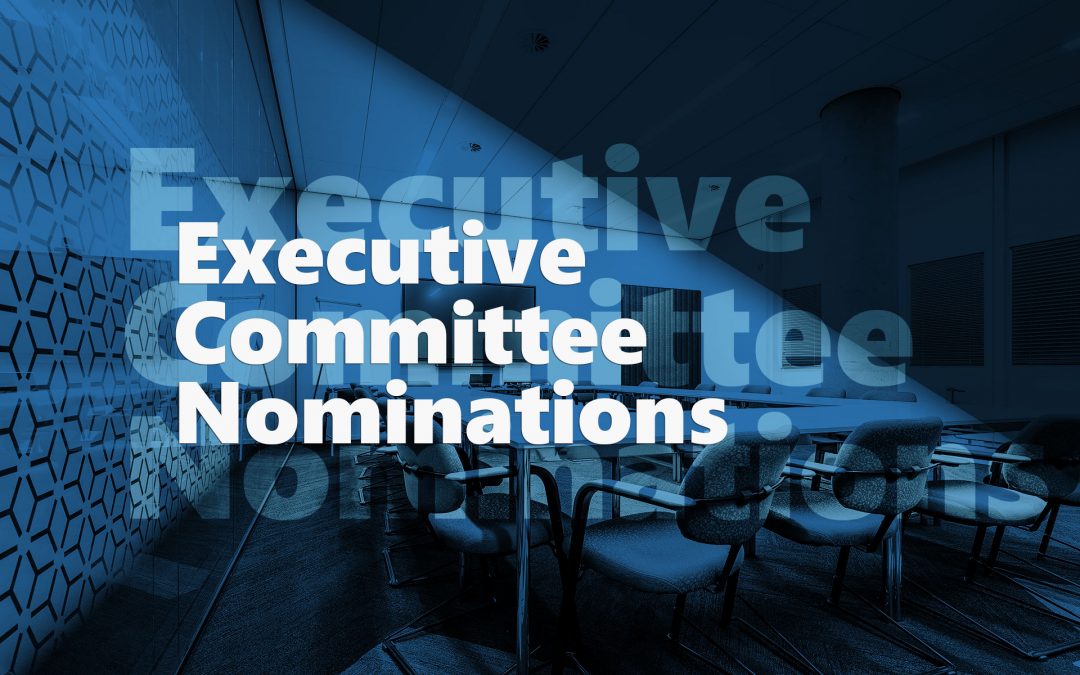
27th Annual South African Psychology Congress: Annual PsySSA Presidents Lecture
Incompleteness as a Framework for Convivial Scholarship and Practice in Healing
Professor Francis B. Byamnjoh
Professor of Social Anthropology

Abstract:
This lecture draws on an argument I have made over the years for a convivial scholarship to stress the need for such an approach in the practice of healing. In view of the resilience of colonial education, the lecture proposes a framework of decolonised healing practices that draw attention to equally resilient endogenous traditions of healing that are barely recognised and grossly underrepresented even in the 21st Century, despite the independence of most African country since the 1960s. The lecture argues for convivial approaches to healing that promote conversations and collaborations across disciplines and organisations and the integration in the academy of marginalised epistemologies informed by popular universes and ideas of reality. Convivial scholarship is predicated upon the recognition and provision for incompleteness – in persons, disciplines, organisations, and traditions of knowing and knowledge making. Critical to convivial scholarship is the extent to which we recognise and provide for incompleteness and mobility as universals and are ready to disabuse ourselves of the illusion of completeness championed by zero-sum games of violence and violation in which debt and indebtedness are outsourced to victims, while compositeness and conviviality are downplayed or caricatured.
Among the issues highlighted in convivial scholarship is negotiated inclusivity in knowledge production and practice. This takes the form of collaboration and co-elaboration within and between disciplines, across departments and faculties within and between universities and research institutions, north, south, east and west. But it does much more. Convivial scholarship calls for similar collaboration, co-elaboration and co-production between academics and researchers in universities and research institutions with knowledge producers and practitioners outside of these formal institutions. Given the decolonial imperatives and especially in view of the silences and marginalisation of which Indigenous and endogenous traditions of knowing and knowledge production have been victims, convivial scholarship is particularly emphatic on the need for profound and sustained conversations across chasms between universities that remain colonial in curricula and practice, and with the wider population and society that continue to draw on the sidestepped traditions and practices by choice, reluctantly or both. I suggest that much remains to be done to promote research, teaching and practice across such chasms in the field of healing, despite some promising starts. I draw on two examples to illustrate both the promise of an early start, and the resilience of exclusionary colonial ideas of medicine and healing in Africa. I use a survey conducted in Cameroon by Daniel Noni Lantum, as a case for optimism and promise. And I draw on our experience under Covid-19 as a case of persistent coloniality and north-south asymmetries in healing practices and how much remains to be done in integrating the two systems.
The argument in the lecture is simple. If the need to recognise and represent Indigenous and endogenous traditions of healing has been highlighted before – in certain cases prior to or shortly after independence from European colonialism was proclaimed – how do we explain that necessary action has either not be taken at all or taken in an unsystematic and unsustainable fashion? Why have calls for valorisation and integration of medical systems original to Africa into the so-called modern medical systems of many an African state postcolony been met with resolute inaction and lip service? Why, if and when integration is considered and promoted, the expectations tend to be for endogenous medical systems to bend over backwards or genuflect in honour of the colonial medical system perceived as superior? Why does the colonial medical system continue to enjoy such dominance, yet falling short of rising to the occasion in terms of the health demands of the majority of the population in each and every country? This situation, within the framework of the convivial scholarship that I call for, requires a greater and sustained capacity for faculties of medicine or health sciences to listen out, not only within universities and across faculties, but also, and even more importantly, with stakeholders outside the academy (medical professionals, traditional healers where they are not formally considered health professionals, various state and private health services, ministries of health, and the health-seeking publics). I argue for curricula, healing systems and practices that are informed by these considerations and open to negotiated inclusivity as a permanent work in progress.





